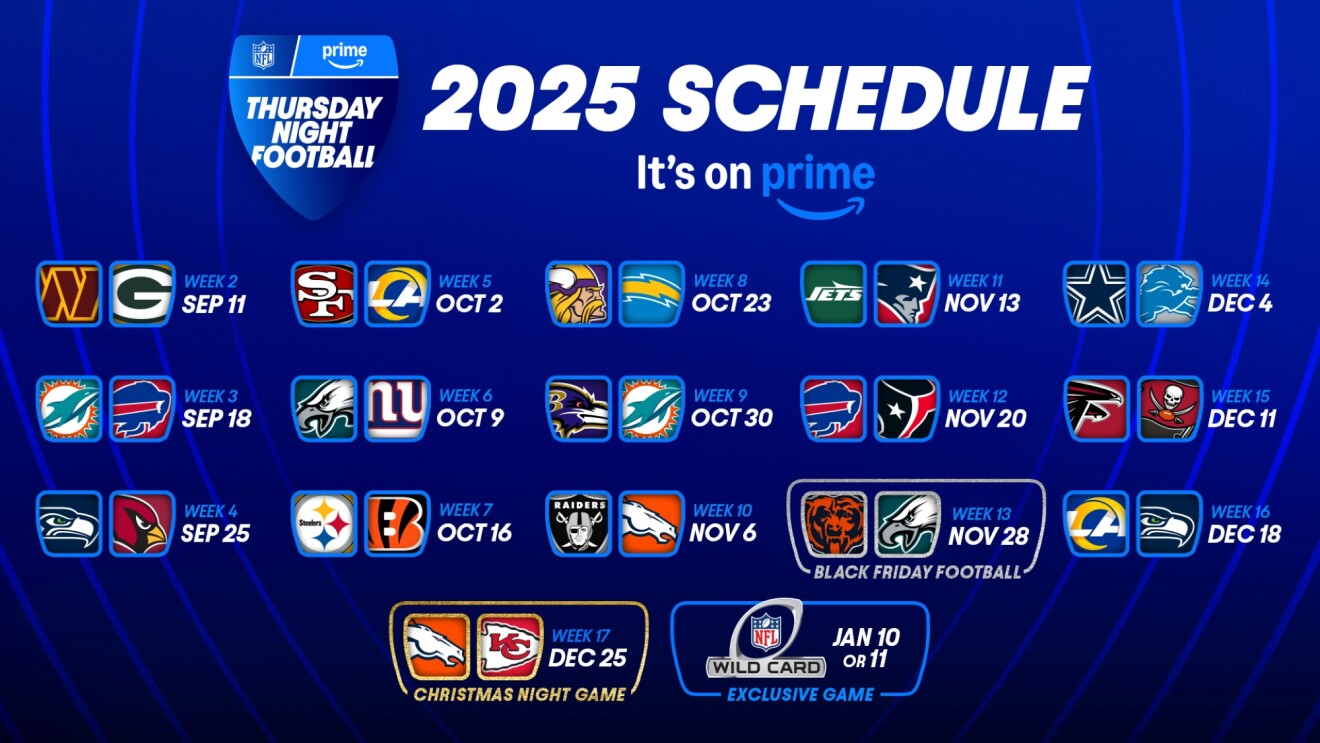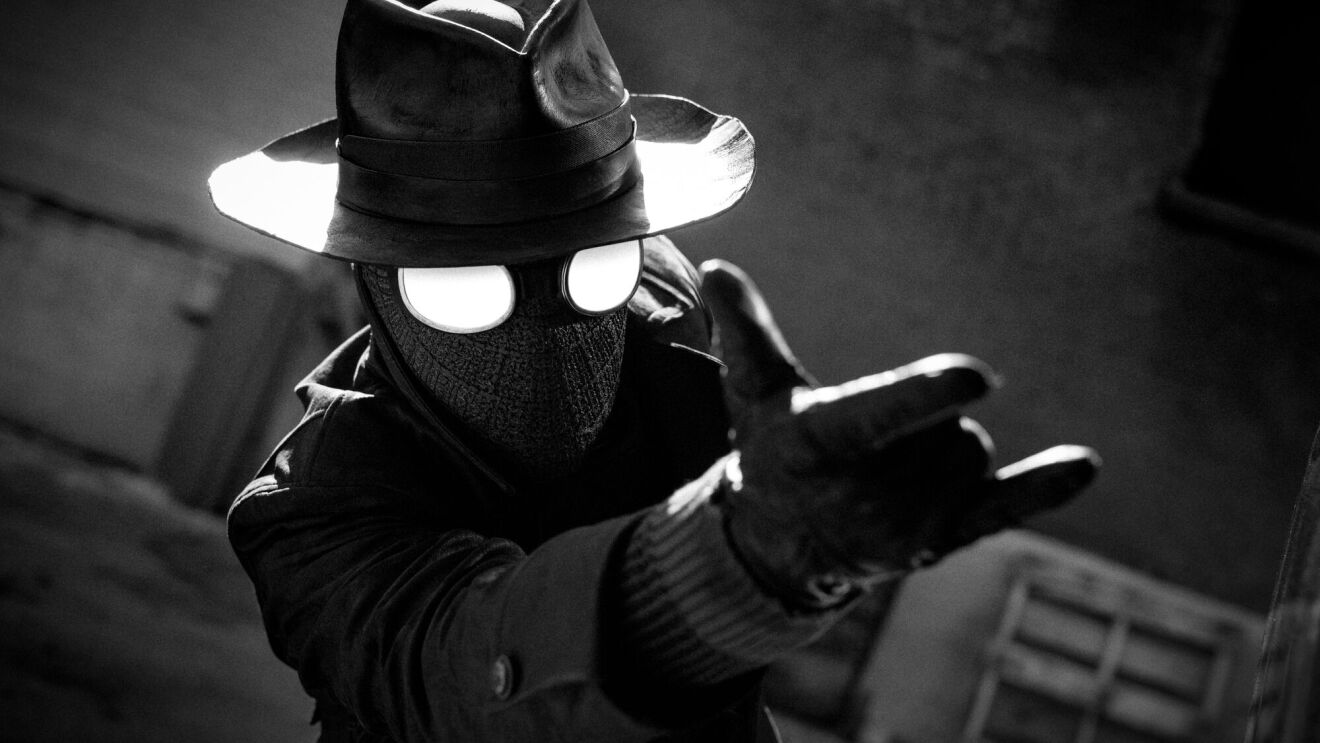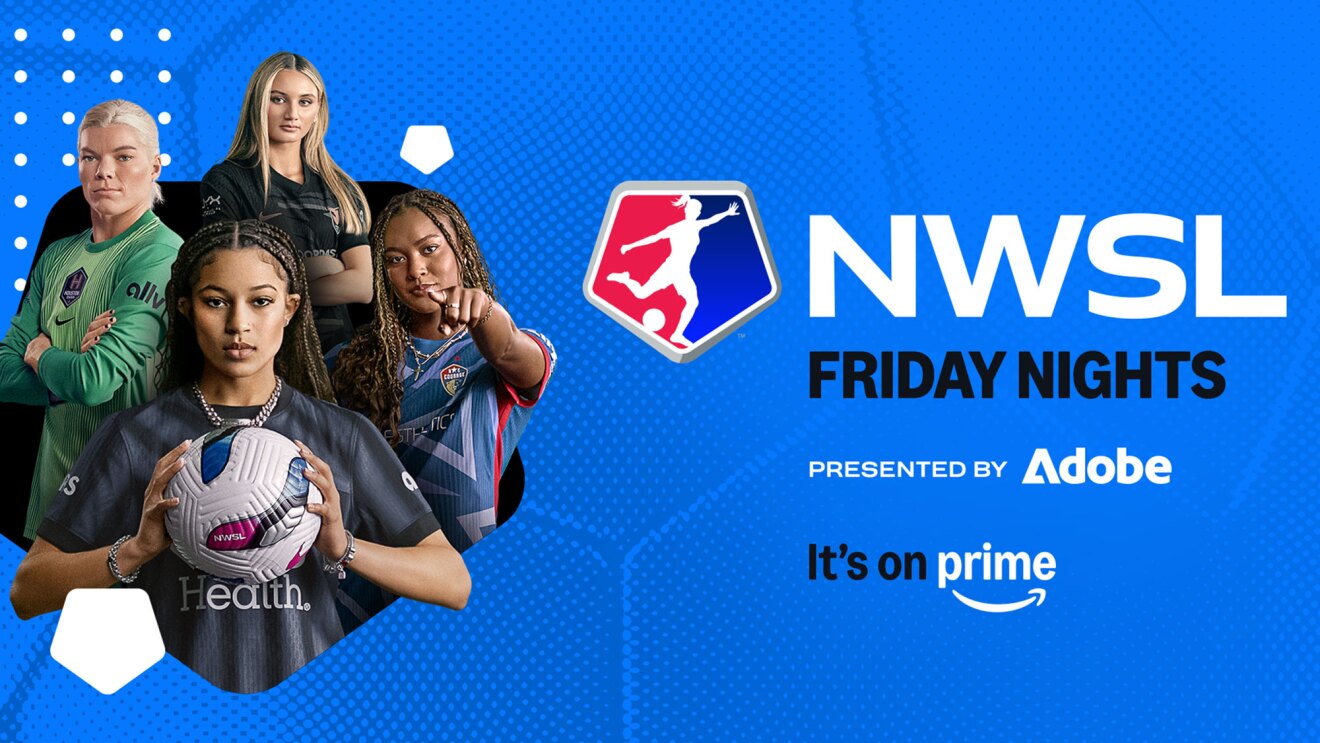Prime Video’s Daisy Jones & The Six details the rise and fall of a fictional rock band that burned bright—then flamed out in a blaze of interpersonal drama, drugs, and damaged egos. Based on the best-selling novel by Taylor Jenkins Reid, the limited series (premiering March 3 on Prime Video) stars Riley Keough and Sam Claflin as the band’s lead singers, Daisy Jones and Billy Dunne, charismatic talents whose fraught relationship fueled the Six’s meteoric success and subsequent demise.
But the series isn’t just another cautionary tale about rock ‘n’ roll excess. It’s a warts-and-all look at a bygone era of popular music, when the heady idealism of Sixties folk gave way to the oversized everything of Seventies arena rock, and an ode to the brotherhood (and sisterhood) of bandmates living out their dreams on the stage and in the studio. While the Six might be a fictional band, everything about their world feels incredibly authentic—including the music they play, which was recorded by Keough, Claflin, and castmates Will Harrison, Suki Waterhouse, Josh Whitehouse, and Sebastian Chacon, and will be released as an album, Aurora, on March 3.
We spoke with Keough and Claflin about the challenge of playing rock stars who actually rock, the musical icons that inspired their roles, and the music they grew up loving.

Your characters have such different backgrounds—Daisy Jones was sneaking into clubs on the Sunset Strip as a teen, while Billy Dunne was a blue-collar kid from Pittsburgh. Did that influence the music each of you listened to as you prepared for the roles?
Sam Claflin: I listened to a fair bit of Bruce Springsteen—specifically Born to Run, and his early ventures into the music scene—and Fleetwood Mac’s Rumors. There was a book we were told to read, The Making of Rumors, which gave a little behind the scenes of the writing of that album. I also listened to The Doors quite a bit … my character Billy [Dunne] goes through a bit of a journey [laughs]. There are aspects of Bruce [Springsteen] and aspects of Jim Morrison. He starts off Jim, thinking he’s really artistic, then he realizes ‘No, I’m just going to sell out stadiums.’ He becomes someone who doesn’t take themselves quite so seriously.
Riley Keough: I wasn’t directly looking for inspiration in terms of character, but I did watch as much as I could from the ‘70s. I watched a lot of performances—Joni Mitchell, Linda Ronstadt, Stevie Nicks, The Mamas & The Papas. I would go down these YouTube rabbit holes of every performance I could find from that era, to get an idea of what the stage performances felt like and looked like.

Daisy and Billy’s relationship is complicated, which leads to hit songs, but also plenty of drama. Despite that, there’s a great scene where they bond over the first albums they bought as kids. Do you remember the first albums you bought?
Keough: Mine’s really stupid [laughs]. You go.
Claflin: Mine was Michael Jackson, Bad. It was a double cassette. After watching his Moonwalker film, I was obsessed with Michael Jackson for a few years. I never learned how to dance like him, though.
Keough: My dad used to take me to the record store to walk around and pick out CDs. He would always buy me CDs; I think he bought me a Tom Waits CD …
Claflin: That’s not embarrassing!
Keough: No … but it wasn’t my choice! I had Tom Waits, and I had Nirvana … those were the ones he got me; the first one I chose was The Offspring. I chose it because of the artwork; I didn’t know the music. It was a crazy, colorful thing … that’s very me. If it gets me aesthetically, and it’s sparkly and colorful, I’m like, ‘Yes!’ And then, I listened to it and, um, went back to Tom Waits and Nirvana [laughs]. No, I loved The Offspring, I did, and Blink-182!

Everyone who loves music has the album … the one that changed their life forever. What’s yours?
Keough: I would say the first album that impacted me in my young life was Astral Weeks by Van Morrison. That was the first time I had an experience with an album, from front to back. I had it on vinyl when I was maybe 19 or 20, and I was just like, ‘Woah.’ I think a lot of people have that experience with that album!
Claflin: It’s so easy to make a playlist now, so it’s very rare that I’ll listen to a whole, singular album. Depending on my mood, it will depend on where I venture. My go-tos, and they may be boring, in the sense that we keep talking about them in the context of the show, are Bruce Springsteen and Fleetwood Mac. Genuinely, I think Fleetwood Mac, no matter my mood, I go back to them, because I know every lyric, and especially with Rumors, every song has a different mood, a different feeling. It covers all the bases.

What was the first concert you went to, and what do you remember about it?
Claflin: Mine was a band called Starsailor. I can’t remember any of their songs off the top of my head, but I was about 14 or 15, and I went with my girlfriend at the time. It was a big deal, because it was a night out without your parents—it felt like a very grown-up thing to do. I was obviously too young to drink any alcohol, but I just remember watching music for the first time and being spellbound by it.
Claflin: That’s a bit of a step up, isn’t it?
Keough: That’s why I wanted to go second [laughs]! I was maybe 8 or 9, and I don’t remember much, but I remember the sort of largeness of the crowd and watching her and what it felt like to see a performance of that size. She’s amazing.

Speaking of performances, you and the rest of your fictional bandmates recorded an actual album, Aurora (available March 3). Did working as a musician change your relationship with music?
Claflin: Honestly, I never really listened to music for the enjoyment of music, or fully understanding what the lyrics meant, or never really been genuinely emotionally moved. I liked playing it in the background, but I never really engaged with it like I do now. Working on this [series], and realizing the amount of work that goes into making a record … I’ve really started appreciating the art of music-making.
Keough: Sociopath [laughs]. ‘I don’t feel anything …’
Claflin: [laughs] No, but … like on long drives, my parents used to listen to the same three or four cassettes over and over: R.E.M., Fleetwood Mac, The Cranberries, Crowded House—I know all the lyrics to all of those songs, but for years, I didn’t know who sang them, didn’t know the names of the songs. That was how music was for me. It was always playing, but I was like ‘Oh, God … it’s that flipping song again.’ But I’ve really grown in appreciation for it as I’ve gotten older.
Keough: You just reminded me that before my Offspring era, I had my first tape, which was Jewel. And then I went to her concert, and I met her, and I remember I went and bought blue hair dye, to do streaks in my hair like you would do in the ‘90s. I remember thinking ‘Jewel will love this.’ I did it for her [laughs]. I have a very different experience than Sam. My whole family are musicians, so I grew up in a very musical household. I’ve been on tour; music’s been very much in my life and I’ve always had an emotional connection to it. But like Sam was saying, my relationship to music is definitely different now, because of this experience on the show, and getting to record an album and play live … I have a much greater affinity for musicians.
Daisy Jones & the Six premieres March 3 on Prime Video. Watch the trailer for the limited series below.
Trending news and stories
- Amazon unveils 7 new robots powering faster, safer deliveries: Go inside our most innovative delivery station yet
- Introducing Vulcan: Amazon's first robot with a sense of touch
- This new AI tech will make sorting packages easier for Amazon's delivery station employees
- 15 photos from Project Kuiper's first launch of low Earth orbit satellites









